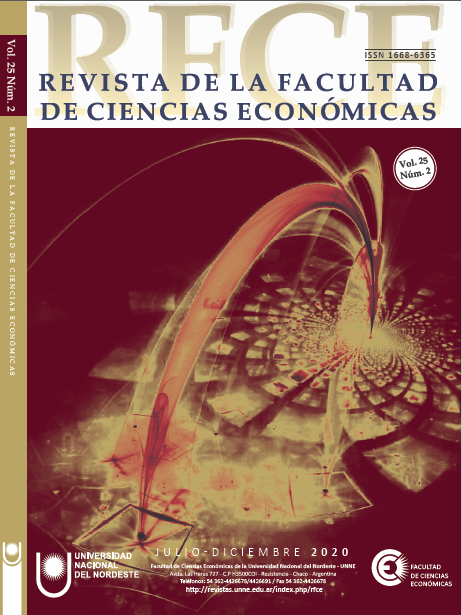Epistemology of human rights as social construction. A proposal from the Berger and Luckman theory
DOI:
https://doi.org/10.30972/rfce.2524569Keywords:
social imaginaries, human rights, collective constructionAbstract
The protection of human rights, today, does not have the desired effectiveness because it is treated more as a philosophical concept than as a political situation. The fundamental problem of human rights today is not to justify them but to protect them. To do so requires more work from the State, but also, greater understanding and knowledge of society to understand its social imaginaries that help to build public problems and public policies around the issue. This research is positivist, with a qualitative approach, type: documentary, design: descriptive - deductive, interpretation technique: hermeneutics. Main theoretical lines: Berger and Luckman, Habermas, and Bobbio. Research question: Can state actions in defense and promotion of human rights be strengthened by understanding the social imagination of a given community? Conclusions: The consequent public problems of the social problems of human rights are the result of the construction of consolidated social imaginaries through a community language, developing public policies from the State that make the language of human rights effective is not only a duty, but also a strategy that would help to build greater stages of democracy in a historical moment that humanity needs it most.Downloads
Published
How to Cite
Issue
Section
License
La Revista de la Facultad de Ciencias Económicas solicita sin excepción a los autores una declaración de originalidad de sus trabajos, esperando de este modo su adhesión a normas básicas de ética del trabajo intelectual.
La Revista de la Facultad de Ciencias Económicas de la Universidad Nacional del Nordeste, Argentina, declara e informa que no se aplica a los autores ningún cargo ni costo, por la publicación de los artículos. La distribución y acceso, son de carácter libre y gratuito.
Este obra está bajo una licencia una licencia de Creative Commons Reconocimiento-NoComercial-SinObraDerivada 4.0 Internacional.





